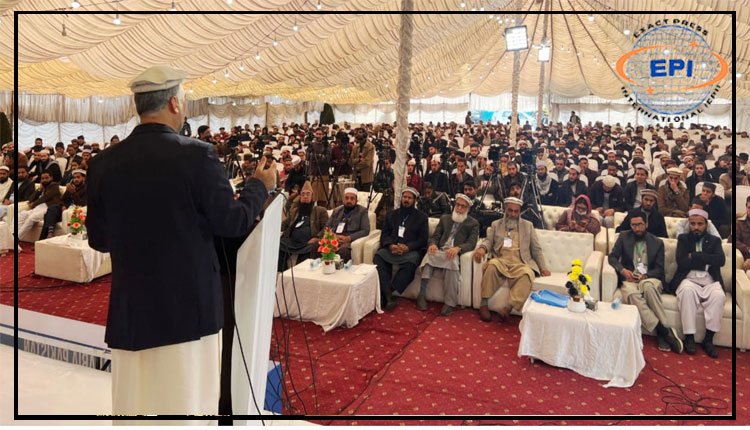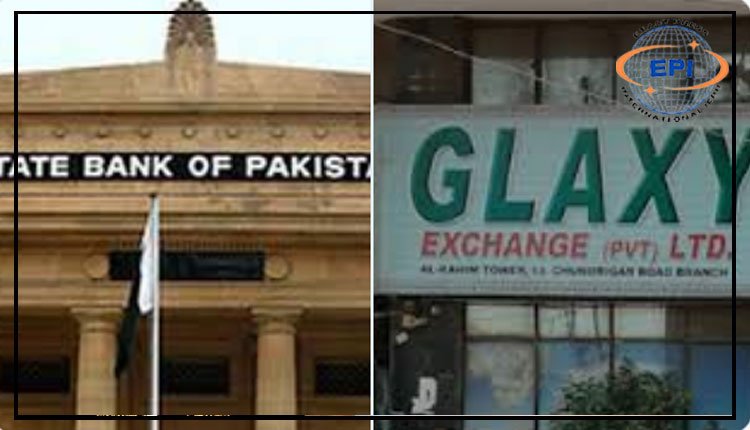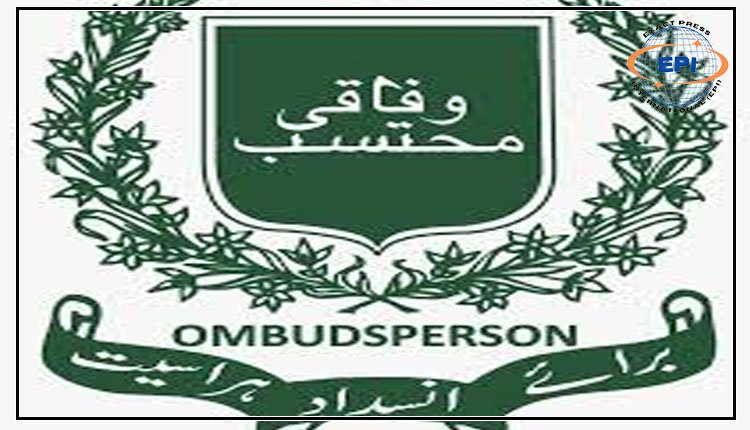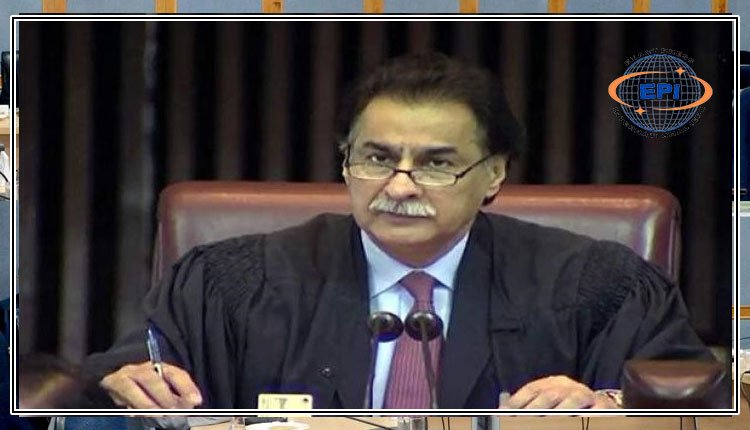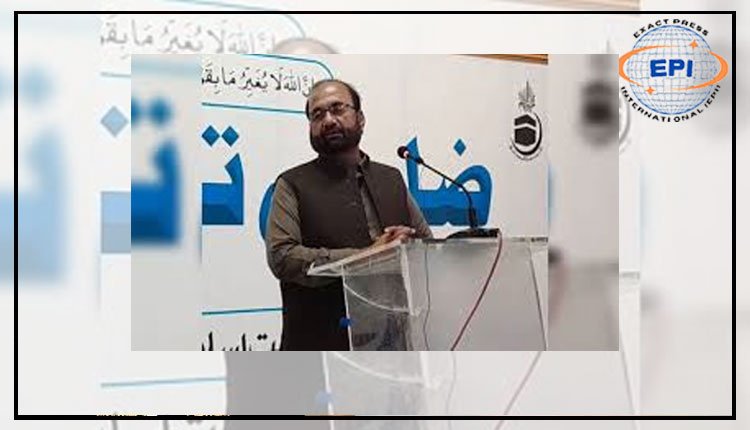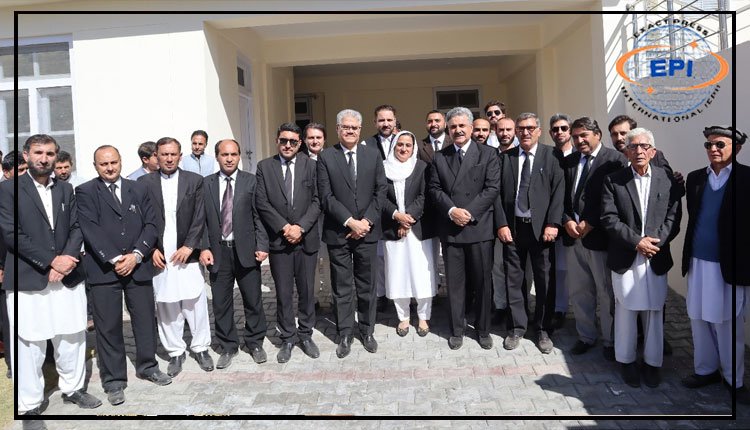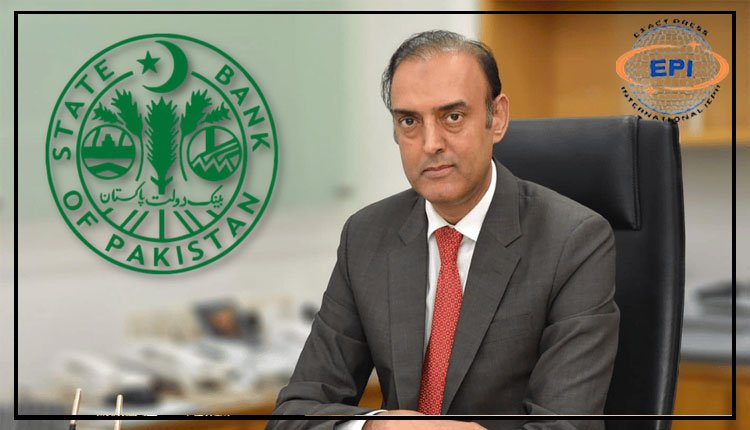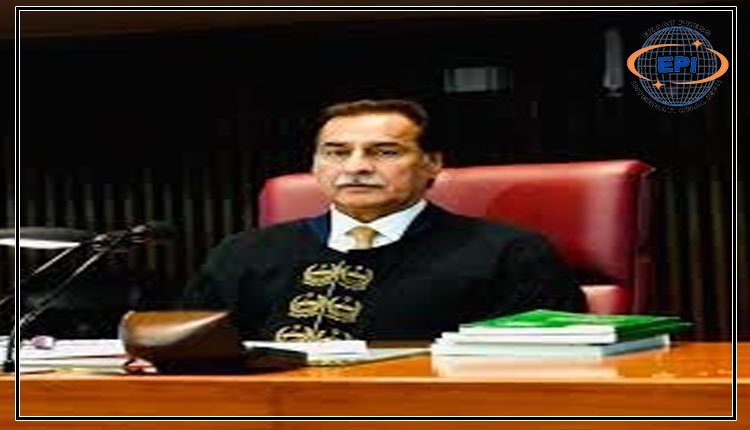White Cane :a symbol of Independence and Confidence for Visually Impaired Persons, Speaker National Assembly
ISLAMABAD, Oct 14 (EPI): Speaker of the National Assembly, Sardar Ayaz Sadiq, paid tribute to the courage and resilience of visually impaired persons on the occasion of White Cane Safety Day, stating that the white cane is a symbol of independence, confidence, and freedom for those with visual impairments.
He further stated that this day serves as an encouragement for all of us to support and empower visually impaired individuals and include them in the national mainstream.
The Speaker emphasized that visually impaired individuals are an important part of our society, and ensuring their well-being and empowerment is our collective responsibility.He said that by harnessing their potential, we can turn visually impaired persons into productive and active citizens.
He stressed the need to take steps to utilize their abilities more effectively and enable them to play a vital role in social life, allowing them to live with dignity and contribute as valuable members of society.
He further added that if visually impaired persons are provided with equal opportunities in education, employment, and other sectors, they can significantly contribute to the development and progress of society.
The Speaker remarked that White Cane Safety Day is a moment to renew our commitment to safeguarding the rights of visually impaired persons and making every effort to improve their lives.
He affirmed that Pakistan’s Parliament is committed to ensuring the protection of special persons’ rights and making their lives easier through effective legislation.
Additionally, the Speaker noted that the National Assembly has prepared the Constitution of Pakistan in Braille and made its website accessible for visually impaired persons. He also highlighted that the National Assembly Secretariat building has been made accessible to persons with disabilities.
The Speaker reiterated that the National Assembly would continue to play an active role in the welfare and protection of the rights of visually impaired persons. He underscored the need for providing visually impaired individuals with modern technologies, stating that such technologies can greatly improve their quality of life.
Ends-Exact Press International-

